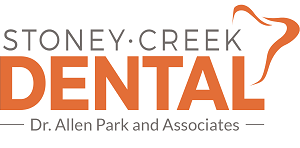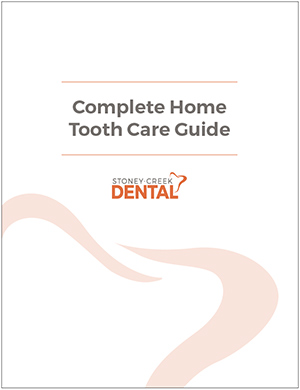
Posted on September 10, 2021
It wasn’t so long ago that it was thought that losing one’s teeth was just a normal part of ageing. But thank goodness we don’t buy into that anymore! With proper care, our teeth can last a lifetime. And that’s good news – because healthy teeth and gums are about more than having a camera-ready smile, they also have a profound effect on our overall health.
So how do we make sure that we have good oral health? Follow the tips outlined below.
BRUSHING YOUR TEETH
Brushing is one of the primary ways to keep your teeth clean and healthy. When bacteria builds up in our mouths, it forms a sticky substance called plaque. If plaque is not removed, it turns into a hard substance called tartar. Once plaque turns into tartar, it can no longer be brushed away but must be scraped away by a dentist or dental hygienist.
Guidelines for brushing your teeth include:
- Brush your teeth at least twice a day. Be sure to do a thorough job and don’t rush.
- Use the right equipment. Choose a soft bristled brush to prevent irritating your gums. It is also a good idea to consider an electric toothbrush as these do a better job of removing plaque. Choose a fluoride toothpaste to provide added protection against cavities.
- When you brush, be sure to cover all surfaces of your teeth including the chewing area, front and back of teeth as well as your tongue.
- Keep your toothbrush clean by rinsing it in water after you are done. Store your toothbrush in an upright position to allow it to dry and avoid keeping it in a closed container that might encourage bacteria to grow.
- Replace your toothbrush (or toothbrush head if you are using an electric brush) every three to four months. Replace it earlier if bristles become frayed.
Learn how to properly take care of your toothbrush in our latest blog.
FLOSSING YOUR TEETH
Even the most diligent of tooth brushing will inevitably miss some of the spaces between the teeth and under the gum line. And yet cavities and gingivitis-causing bacteria can form here as well. Flossing helps to keep these areas clean and healthy.
Guidelines for flossing your teeth include:
- Floss at least once a day.
- If you have teeth that are very tight together, you may benefit from using waxed dental floss.
- Use approximately 18 inches of dental floss each time you floss. Most of this will be wrapped around your two middle fingers. Pinch the floss between your thumbs and forefingers and gently guide the floss between every tooth making sure to get between the tooth and the gum line. Gently slide the floss up and down and be sure to unwind fresh floss as you progress from tooth to tooth.
- If you find flossing difficult, consider alternatives such as pre-threaded flossers, water picks or water flossers.
DIET
It should come as no surprise that your diet can have a big effect on your oral health. Certain acidic foods and drinks can soften the enamel of the teeth and sugary foods can cause a buildup of plaque-causing bacteria.
Avoid sugary food and drinks such as sodas and fruit juices.
Foods that can actually benefit your dental health include fibrous fruits and vegetables such as apples, carrots and celery, foods that are high in calcium and vitamin D such as milk, cheese and meat, as well as black and green tea – both of which have compounds in them that help fight off bacteria.
PROTECT YOUR TEETH FROM INJURY
If you play contact sports, be sure to protect your teeth from injury by using the proper mouth guard, helmet or face mask as recommended in that particular sport.
If you have trouble getting an off the shelf (boil and bite) mouth guard to fit you, ask your dentist about having a custom mouth guard made.
DENTAL VISITS
It is recommended that you visit your dentist for a cleaning and oral examination at least once per year. This is important even if you don’t feel that there are any problems with your oral health.
In addition to your regularly scheduled visits, you should also contact your dentist if you notice any problems with your mouth such as unusual sensitivity, pain, swollen or bleeding gums, loose teeth or sores that don’t heal.
During your cleaning, your hygienist will clean away any plaque that may have built up (this is not something that you can do on your own.) During your examination, your dentist will inspect your mouth for any signs of problems including gingivitis, cavities, changes to teeth or gums, and early signs of oral cancer. Remember, the earlier potential problems are identified, the easier they are to treat.
Book Your Dental Appointment with Stoney Creek Dental Today!
905-662-1999
If you would like a copy of the Tooth Care Guide for home use, feel free to download by clicking on the image below.

